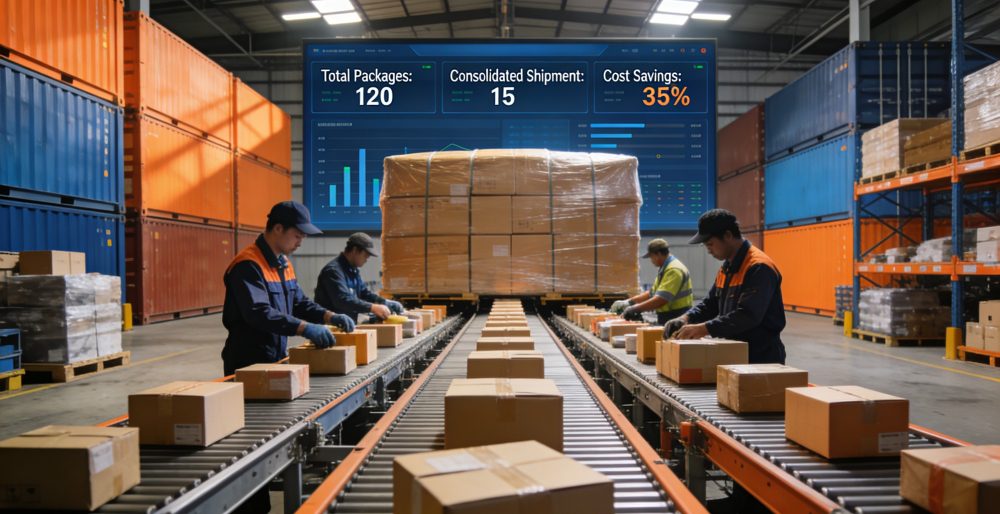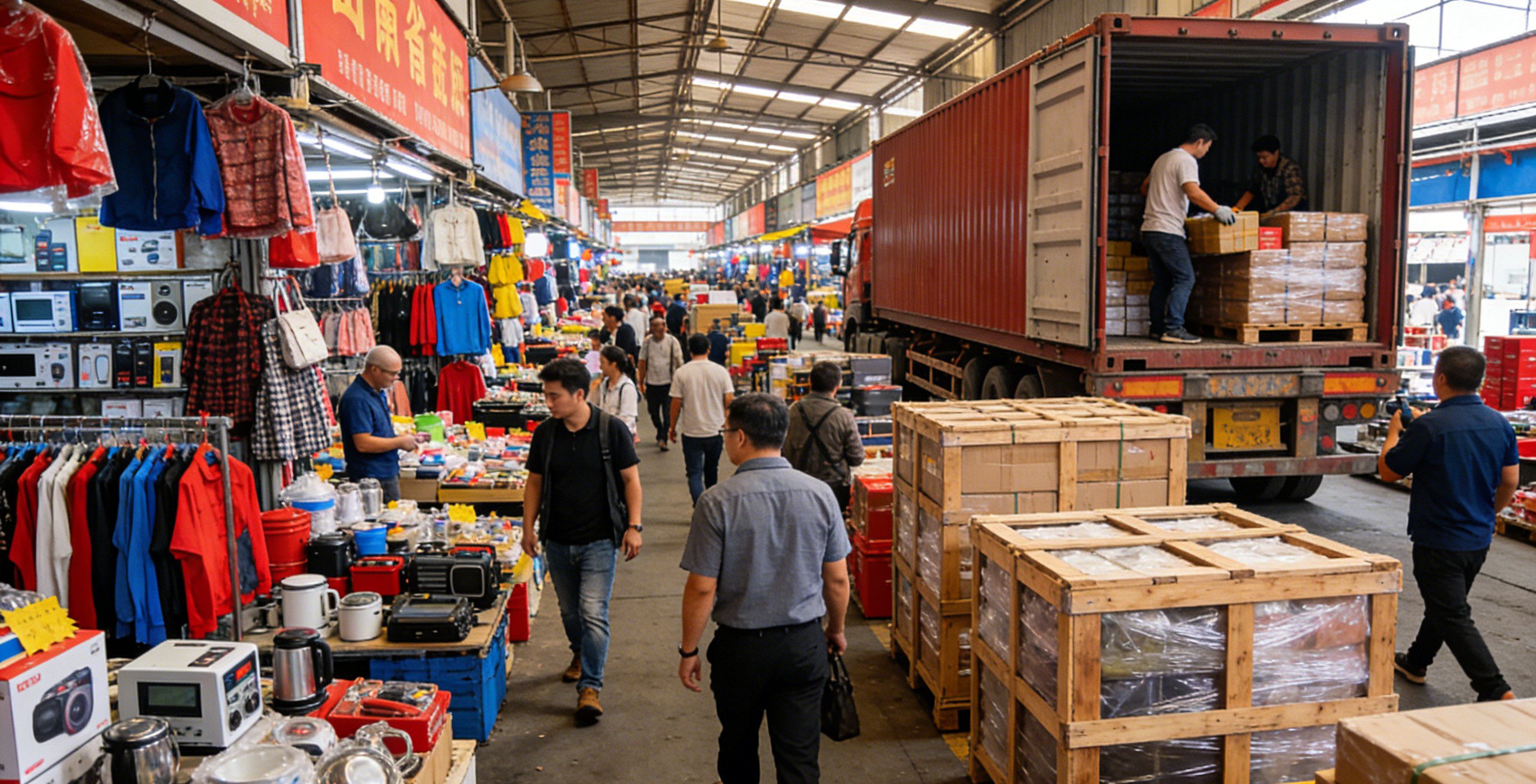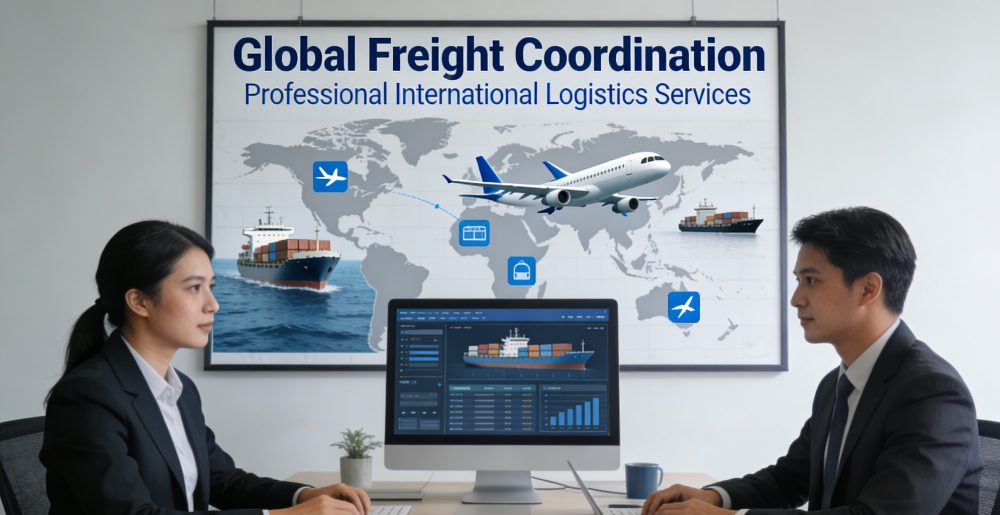BLOG
Why Sea Freight Shipping is Cheaper than Air Freight Shipping?
- wanmeili
- 2023-03-17
When it comes to shipping goods around the world, you have two main options: air freight and sea freight. Air freight is often considered the faster, more reliable option, but in many cases, it is also more expensive than sea freight. In this blog post, we’ll discuss seven reasons why sea freight shipping is cheaper than air freight shipping. We’ll look at some of the key factors that influence the cost of each shipping method, and offer some tips for reducing costs even further.
Reasons Why Sea Freight Shipping is Cheaper than Air Freight Shipping
Sea Freight Shipping Can Hold More Cargo
This is because large vessels can transport more cargo in one voyage, thus allowing companies to save money on shipping costs. They also have the ability to transport bulk shipments and oversized items that may be too big to fit in an airplane.
The size of the ships also means that there are more cost-effective routes available to companies, as they can take their cargo directly to the port without having to stop at other ports along the way. This reduces the cost of fuel and labour associated with making multiple stops.
The Ships Travel Slowly, So They Don’t Use As Much Fuel as Airplanes
Sea freight shipping is much more economical than airfreight shipping due to the fact that the international boat ships travel much more slowly. This means that ships use less fuel than airplanes when transporting goods, making them a much more cost-effective option. As a result, companies can save money by choosing to ship their goods via sea instead of air. Additionally, because they use less fuel, ships have a smaller environmental impact than planes.
Providing More Route Options
There are more ports around the world where ships can dock, so companies have more options when choosing a route.
Having more ports available makes international shipping much more cost-effective than airfreight shipping. Companies can select their most convenient shipping route. This choice saves money on fuel and transit time. It provides more options to find efficient transport. Companies can then avoid weather or political delays. More port availability also reduces loading delays. This results in faster cargo delivery times.
Reduced Labour Cost As Ships Don’t Have To Be Unloaded As Often As Planes
When using sea freight shipping, goods can travel in the same container for longer distances and for longer periods of time.
This eliminates the need for unloading and reloading at different ports along the route. Unloading and reloading cargo from a plane can require extra labour costs due to manual labour, as well as additional safety measures that need to be taken into account.
By opting for sea freight shipping, these costs can be avoided and businesses can save money.
Lower Delays or Cancellations Due to Bad Weather Compared to Airfreight Shipping
Weather is a major factor when it comes to airfreight shipping. Delays or cancellations due to bad weather can be costly for companies that are reliant on airfreight shipping. Airplanes have to take longer routes or avoid certain areas if there is bad weather, which can cause delays and cancellations.
Additionally, if there is snow or ice on the runway, this can cause further delays or cancellations. Weather can also disrupt cargo loading and unloading, causing further delays. To avoid such issues, companies are increasingly turning to sea freight shipping as a reliable alternative.
Less Prone to Terrorist Attack or Unrest than Air Travel
Air freight shipping is more susceptible to terrorist attacks and political unrest than sea freight shipping.
This is because ships are able to travel further away from shore and are therefore less likely to be affected by any conflicts that may occur in a particular area. As air traffic must fly over certain countries and airspace, it is much easier for an attack or political unrest to disrupt the travel plans of an airline.
Ships, on the other hand, can remain unaffected if they decide to steer away from any areas where there is conflict. This makes sea freight shipping a more secure option when it comes to avoiding disruption due to terrorist attacks or political unrest.
Ships Generate Less Pollution than Airplanes
The use of ships for transportation can drastically reduce the amount of air pollution generated by airplanes. In fact, one study found that shipping could reduce carbon dioxide emissions by up to 80% compared to air travel.
This is due to the fact that ships are much larger and can carry a large number of cargo containers with fewer trips, resulting in less energy being used overall. Additionally, ships produce fewer pollutants like sulfur dioxide, nitrogen oxides, and particulate matter which can contribute to air pollution.
For these reasons, international ocean shipping is a much more eco-friendly option when it comes to transporting goods.
The Conclusion
Sea freight shipping is an effective and cost-saving way to transport goods around the world. It is cheaper than air freight shipping because it uses large ships that can hold more cargo, travels slowly, has more ports to choose from, requires less labour, and generates less pollution. Additionally, there are fewer weather-related delays, terrorist threats, and political unrest associated with maritime travel. For these reasons, companies should strongly consider using sea freight shipping as an alternative to air freight shipping when possible.
Related Posts



